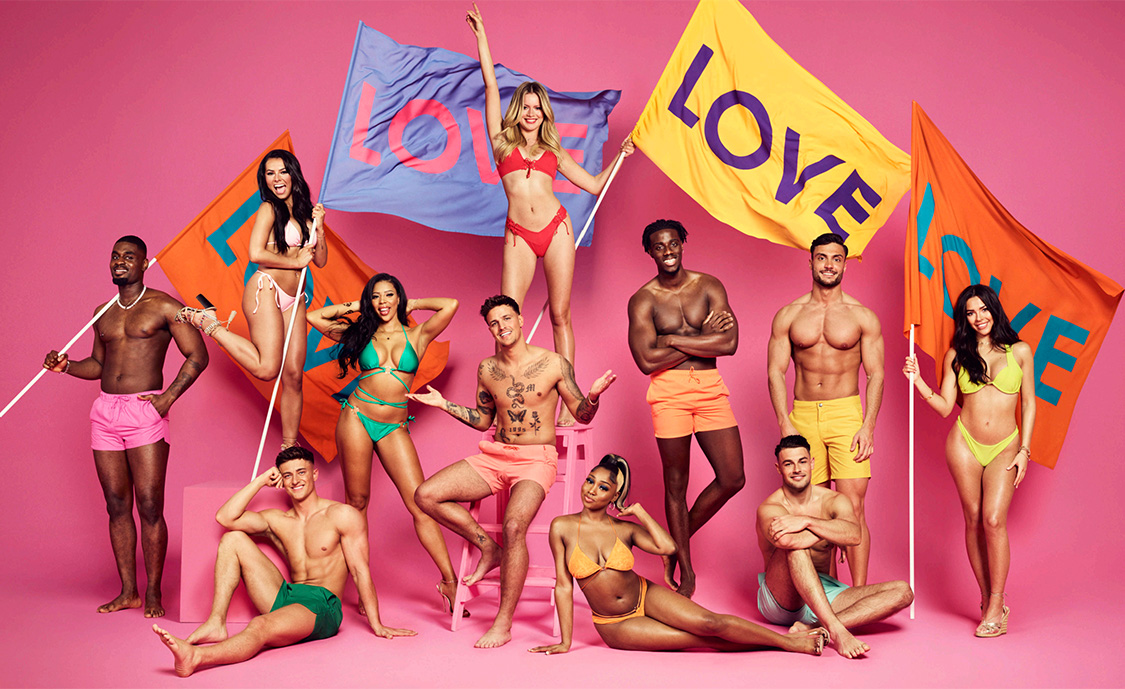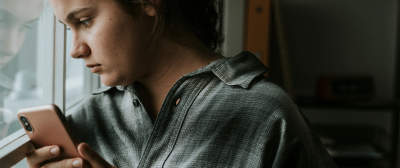Adam Baxter, Ofcom’s Director of Broadcasting Standards, explains how we protect the welfare of people taking part in reality TV programmes like Love Island.
Whether or not Love Island is a bit of you it’s pretty impossible to avoid the conversation around ITV2’s hit show.

Relationships and friendships are the heart of the human experience, and watching ordinary people – ok, very good-looking, very well-groomed ordinary people – navigate these experiences is fascinating. And no denying it makes for good TV.
But as reality formats have evolved, so too have audiences’ tastes and tolerances. We’ve seen growing societal concern – and complaints volumes – about the potential implications for participants’ wellbeing. These recognise that, sadly, for some people taking part in high-profile reality TV or talent shows, their moment in the spotlight can come at a cost. Some contestants’ mental health has suffered greatly. Others have found themselves the target of online trolls, long after the cameras stopped rolling.
Last year, we brought in new protections for people taking part in programmes, putting their welfare at the heart of the programme-making process. This means that broadcasters now have to take due care of people they feature who might be at risk of significant harm; primarily vulnerable people and those not used to being in the public eye.
Before someone agrees to take part in a TV or radio show, broadcasters must tell them about any possible risks to their welfare, and how they’ll seek to minimise them. And it should also be made clear to viewers how the programme is taking care of the people they feature.
Importantly, what these protections don’t do is dictate what formats, issues or stories broadcasters can and can’t explore, or otherwise restrict their creative freedom. Balancing broadcasters’ and audiences’ rights to freedom of expression is right at the heart of how we designed these protections, and how we’ll enforce them.
Love Island 2021 was the first to be broadcast under these new rules. And while we received 36,324 complaints about that series across a range of issues – which were each carefully assessed – none of them raised issues requiring us to take further action.
This can come as a surprise to people who assume that if a programme attracts high volumes of complaints, then something surely must be amiss. But I always tell people that a large volume of complaints doesn’t automatically mean our rules have been broken.
If we look more closely at the last series, one event was responsible for over two thirds of those complaints; 24,921 people complained to us about Faye’s behaviour and language during a heated exchange with fellow Islander Teddy.
Emotionally charged and confrontational scenes can certainly make for uncomfortable viewing. But when we’re deciding whether or not to launch a formal investigation, we consider what are viewers’ likely expectations of a programme. In the case of the exchange between Faye and Teddy, we also considered other contextual factors, such as the other contestants’ offering supporting to Teddy, and Faye’s resolve to apologise for her actions.
We carefully assess every complaint we receive, and we make finely balanced judgments every day. Given the importance of the right to freedom of expression, we only step in or take action against a broadcaster when we consider it necessary.
So settle in for a summer of love. Here at Ofcom, we’ll be ready to carefully look at each and every complaint we receive, to check that audiences and people appearing in programmes are being properly protected.





